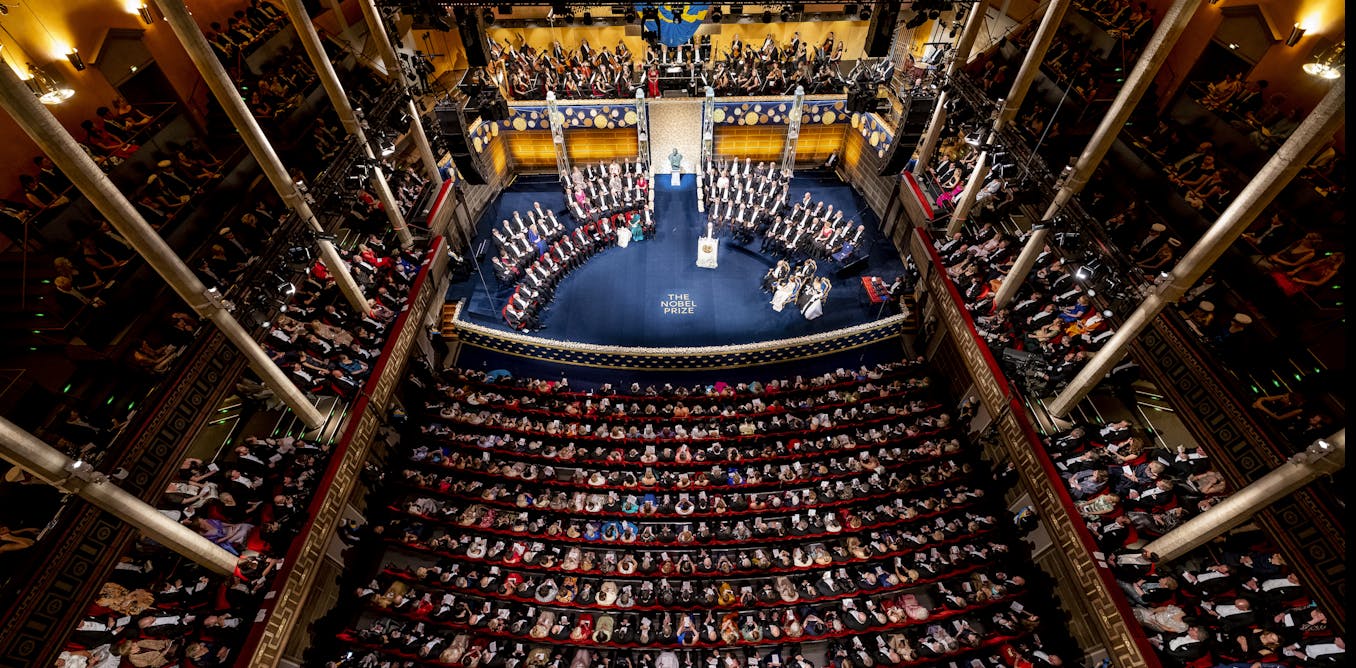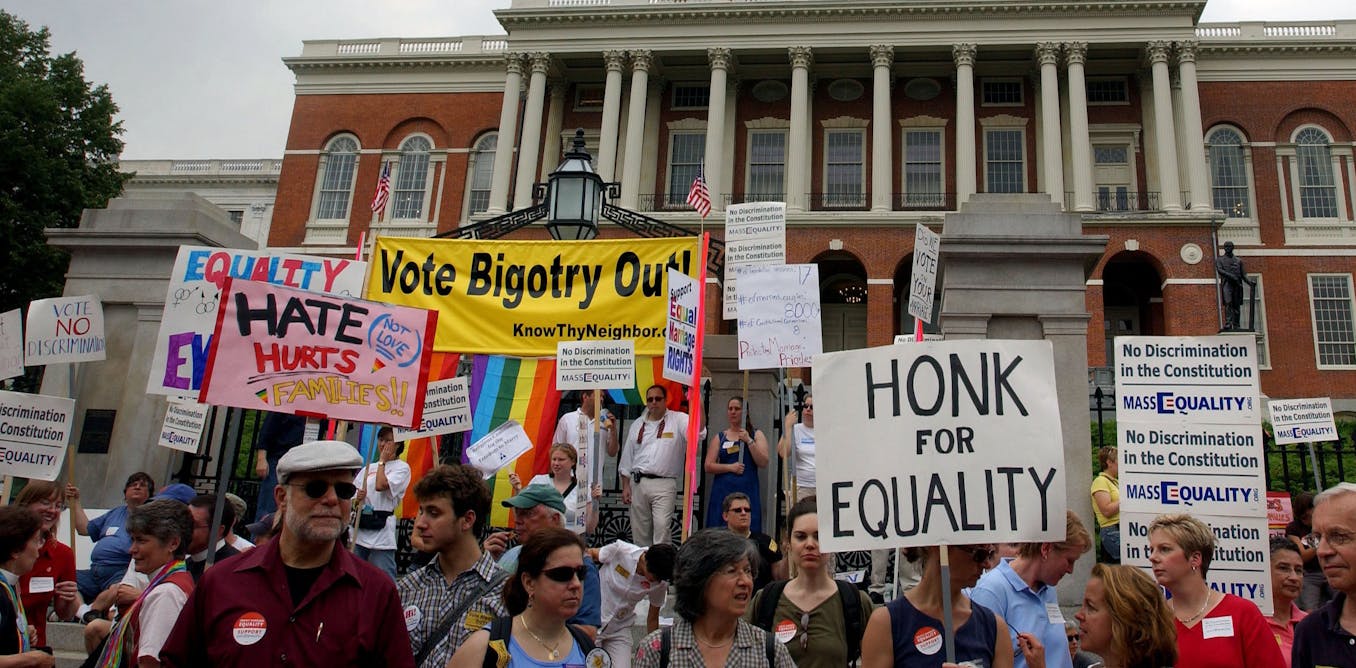Nobel Prizes have a diversity problem even worse than the scientific fields they honor
With 3% of science Nobels going to women and zero going to Black people, these awards are an extreme example of how certain demographics are underrepresented in STEM fields.
Sept. 29, 2020 • ~8 min




